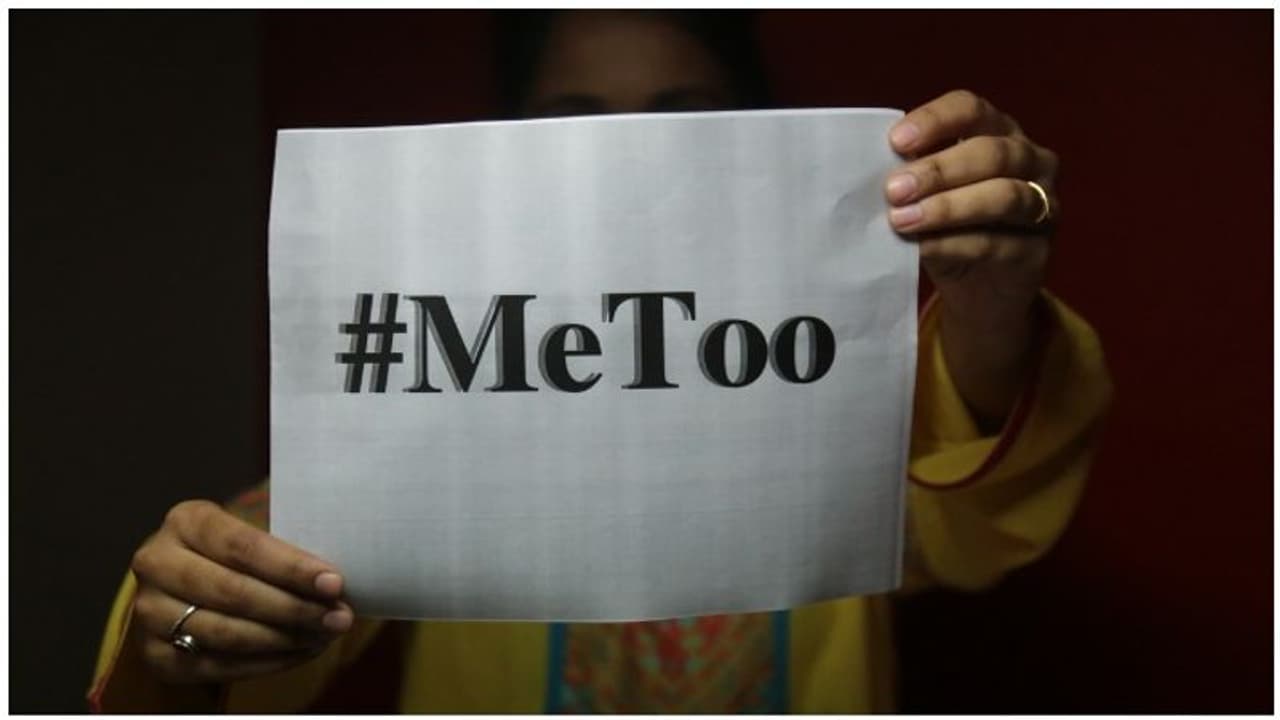Excellence Award winning scientist in Teaching and Research in the Indian Institute of Science (IISc) is accused of sexual harassment by a doctoral student in Bengaluru.
Bengaluru: A doctoral student from the Indian Institute of Science (IISc) complained against a scientist for making "sexually-coloured remarks" and insisting on late night phone calls to her.
The academic accused of sexual harassment is an eminent scholar and also a recipient of the prestigious Shanti Swarup Bhatnagar award. He has been associated with IISc in Bengaluru for over 20 years. He has been awarded fellowships from the Indian National Science Academy, Indian National Academy of Engineering, and Indian Academy of Sciences and the National Academy of Science of India. The academic eminence of the accused scientist is impeccable, which includes the IISc Excellence Award in Teaching and Research. He is listed among the top 1% of scientists by the ISI Web of Knowledge and is serving in senior editorial chairs across several top-rated science journals.
The professor’s contributions have resulted in more than 500 publications, 15,000 citations and an h-index of 55, the highest among engineering faculty all over India.
The allegation against the scientist has been seriously taken into consideration by the IISc Council, which has promised to prosecute the academician without considering his reputation or contributions he made, no matter how important to his field and the institute, a report said.
According to IISc's Anti-Sexual Harassment (ASH) policy, the IISc Council will follow Rule 11 of the Central Civil Services (Classification, Control & Appeal) Rules of 1965 to deliver an appropriate penalty.
IISc has its own Anti-Sexual Harassment (ASH) mechanism with a broad list of acts that are considered as sexual harassment, including the promise of preferential treatment, threat to an employee's current or future work prospects, interference with an employee's work, persistent unwanted attention, sharing of sexist jokes, texts or messages that could offend a victim of past sexual violence, etc. This comes under Section 354A of the Indian Penal Code (IPC). Along with that, it is also recognized as sexual harassment under the Vishakha guidelines against sexual harassment in the workplace.
